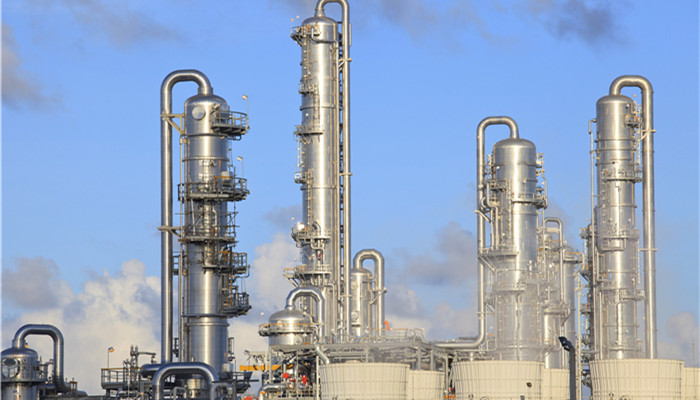
Polyperfluoroethylene-propylene copolymer (FEP) market application and analysis of major companies in 2022
Polyperfluorinated ethylene propylene copolymer is also called fluorinated ethylene propylene copolymer, perfluorinated ethylene propylene copolymer, the English name is Fluorinated Ethylene Propylene, referred to as FEP, commonly known as F46. Polyperfluoroethylene-propylene copolymer (FEP) is a copolymer of tetrafluoroethylene (TPFE) and hexafluoropropylene. The hexafluoropropylene content is about 15% and is one of the common fluorine-containing plastics.
The crystal melting point of polyperfluoroethylene-propylene copolymer (FEP) is 580F, the density is 2.15g/CC (grams/cubic centimeter), and its tensile strength, wear resistance, and creep resistance are lower than many engineering plastics. Polyperfluoroethylene-propylene copolymer (FEP) does not ignite and can prevent the spread of flames; it has excellent weather resistance and a low friction coefficient. Polyperfluoroethylene-propylene copolymer (FEP) is available as granular products for extrusion and molding, as powder for fluidized bed and electrostatic coating, and as aqueous dispersions. The “2022-2026 polyperfluoroethylene-propylene copolymer (FEP) industry in-depth market research and investment strategy recommendations report compiled and released by the Industrial Research Center》shows that polyperfluoroethylene-propylene copolymer (FEP) can be used to produce films, plates, rods and single fibers. According to processing needs, polyperfluoroethylene-propylene copolymer (FEP) can be divided into three types: pellets, dispersions and paints. Among them, pellets can be used for molding, extrusion and injection molding according to their different melt indexes; dispersions can be used for impregnation and sintering; paints can be used for spraying, etc.
Polyperfluoroethylene-propylene copolymer (FEP) ranks third in demand among fluoroplastics, less than PTFE and PVDF. It is widely used in aerospace, rolling stock, energy, non-ferrous metal smelting, oil mining, motors and other fields. Polyperfluoroethylene-propylene copolymer (FEP) is widely used in the production of wires and cables for electronic equipment transmission lines used under high temperature and high frequency, internal connecting lines of electronic computers, aerospace wires, and other special-purpose installation lines, oil mine logging Cables, submersible motor winding wires, micromotor lead wires, etc. The use of polyfluoroethylene propylene copolymer (FEP) cables is growing rapidly.
Industry researchers said that the world’s main polyperfluoroethylene-propylene copolymer (FEP) is DUIPont Teflon brand, Daikin company’s Neoflo brand, Hoechst Celanese company’s IHoustaflow brand. China’s polyperfluoroethylene-propylene copolymer (FEP) manufacturers mainly include China Shenzhou, Dongyue Group, Shanghai Sanaifu, Zhejiang Juhua, Jinhua Yonghe, Deyi New Materials, etc. Recently, some fluorine chemical companies have increased investment in perfluoroethylene-propylene copolymer (FEP) to expand production capacity. Yonghe Co., Ltd. announced in 2021 that it plans to invest in the construction of an FEP project with a total scale of 13,500 tons/year, of which the first phase of FEP (resin) has a scale of 4,500 tons/year, and the second phase has an additional scale of 6,000 tons/year; the first phase of FEP (emulsion) The scale is 3,000 tons/year; the 10kt/a FEP expansion project of Juhua Co., Ltd. is under implementation; Chenguang Institute, a subsidiary of Haohua Technology, announced in 2021 that it plans to invest 2.15 billion yuan to build a 26,000 tons/year high-performance organic fluorine material project, including new construction The project FEP is 6,000 tons/year; Sanmei Co., Ltd. announced in 2022 that it plans to invest 1.08 billion yuan to build 5,000 tons/year polyperfluoroethylene-propylene and 5,000 tons/year polyvinylidene fluoride projects. With the gradual start of new projects, China’s supply capacity of polyperfluoroethylene-propylene copolymer (FEP) will further grow.

 微信扫一扫打赏
微信扫一扫打赏

